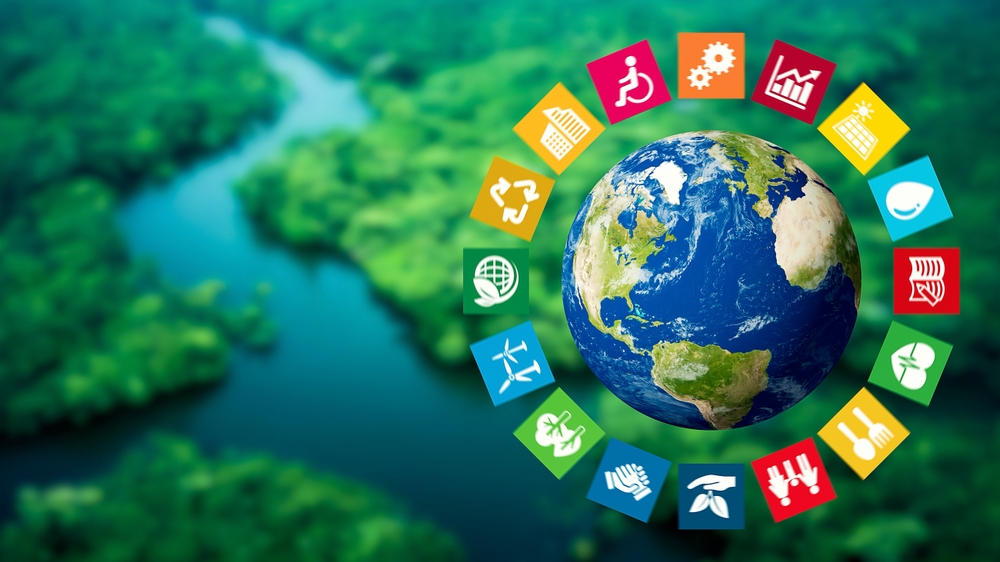
Committed to the SDGs
Neoenergia's commitment to the Sustainable Development Goals.
Thus, the 17 Sustainable Development Goals, the SDGs, emerged, with challenges and targets to eradicate poverty and incorporate a wide and variety of topics related to the economic, social and environmental dimensions of sustainable development.
The emergence of the SDGs is, arguably, the most inclusive process in the history of the United Nations. Targeted primarily at governments, the SDGs are designed for all organizations, in a joint initiative to promote sustainable development.

Sustainable development: objective and importance of commitment to the SDGs
Guaranteeing human rights, fighting for a more equal and inclusive society and acting against climate change is everyone's responsibility – and the Sustainable Development Goals (SDGs) offer a path for this to be done collaboratively between governments, companies and individuals.
What are the Sustainable Development Goals
The Sustainable Development Goals are a call to global action to protect the planet and build a fairer future for generations to come. Established by the UN, the SDGs have 17 objectives that break down into 169 specific targets to eradicate poverty and incorporate a wide variety of topics related to the economic, social and environmental dimensions of sustainable development.
Origin and importance of the 17 SDGs and the 2030 Agenda
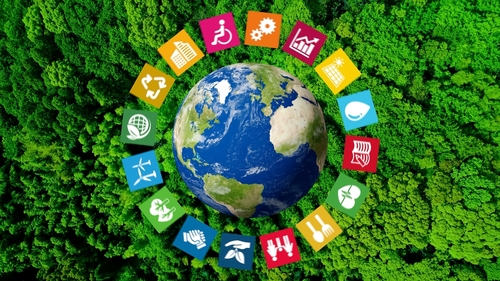
Defining the SDGs is arguably the most inclusive process in the history of the United Nations. Aimed primarily at governments, the SDGs are designed for all organizations, in a joint initiative to promote sustainable development.

The five pillars of the 2030 Agenda
The 2030 Agenda established five pillars that play essential roles in the development and implementation of the Sustainable Development Goals:
- People: Eradicate poverty and hunger in all ways and ensure dignity and equality
- Planet: Protect the planet's natural resources and climate for future generations.
- Prosperity: Ensure prosperous and fulfilling lives in harmony with nature.
- Partnerships: Implement the agenda through a strong global partnership.
- Peace: Promote fair, peaceful and inclusive societies.
The 2030 Agenda is a continuation of the UN's Millennium Development Goals (2000-2015). Created on September 25, 2015 by 193 member states, it is made up of 17 Sustainable Development Goals (SDGs) which, in turn, are divided into 169 targets that must be met by 2030.
The 2030 Agenda is based on five dimensions:
People
Eradicate poverty and hunger in all its forms and ensure that all human beings can fulfill their potential with dignity and equality in a healthy environment.
Planet
Protecting the planet from degradation through sustainable consumption, production and management of natural resources, and adopting measures to curb climate change.
Prosperity
To ensure that all human beings can enjoy a prosperous and fulfilling life and that economic, social and technological progress takes place in harmony with nature.
Peace
Achieving peaceful, just and inclusive societies that are free from fear and violence.
Partnerships
Mobilize the necessary means to implement the 2030 Agenda through partnerships based on solidarity and focused on the needs of the most vulnerable.
Brazil. The latest report, published in 2017, highlights social advances in eradicating extreme poverty and hunger, such as improving the management and coverage of the Continuous Cash Benefit and the Bolsa Família program to help families living in poverty or extreme poverty. Progress in guaranteeing a healthy life is also highlighted, with programs aimed at agricultural and livestock production. In addition, they emphasize the plans to diversify the country's energy sources, increase the proportion of renewable sources and achieve greater efficiency in the sector, which constitute an essential strategy from both an economic and environmental point of view.
SDG targets
The 17 Sustainable Development Goals defined by the UN demonstrate the scale and ambition of the 2030 Agenda and stimulate action over the next 15 years. Are they:
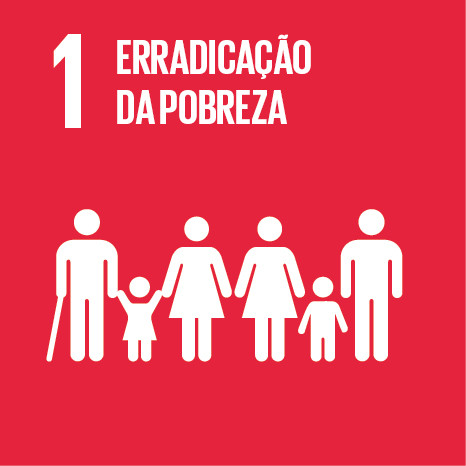
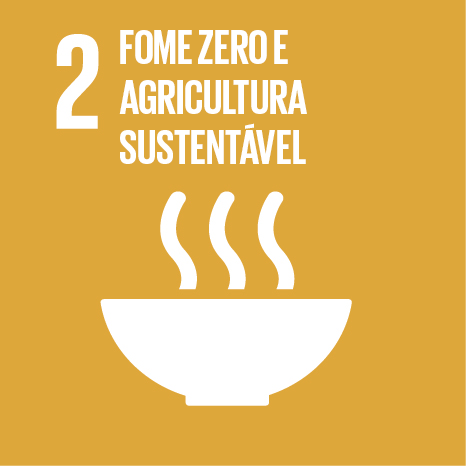
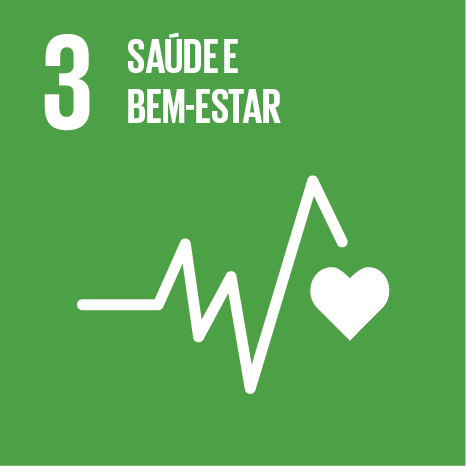
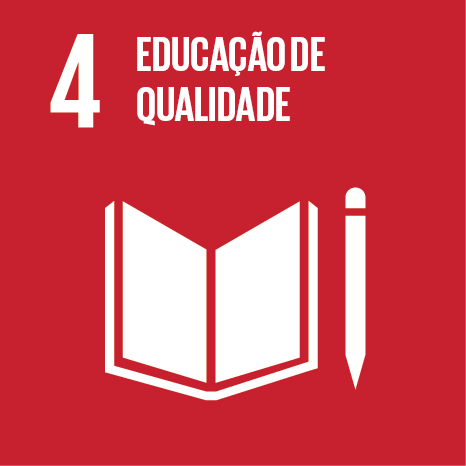
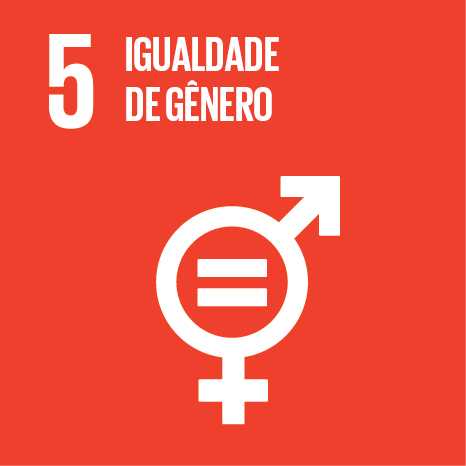

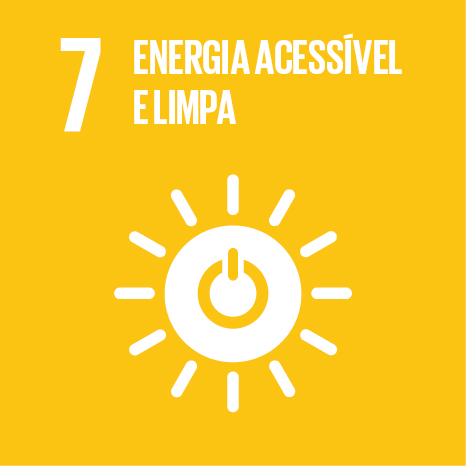
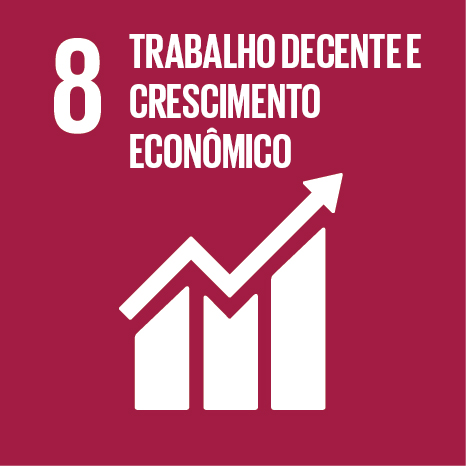
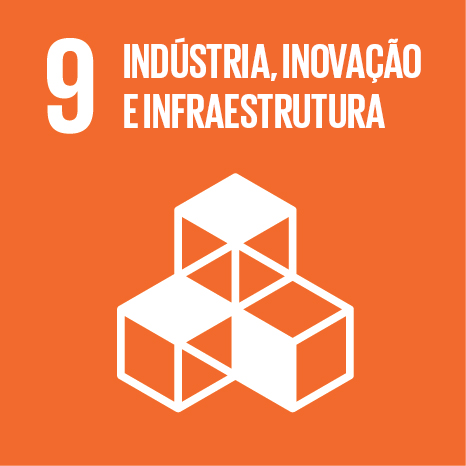
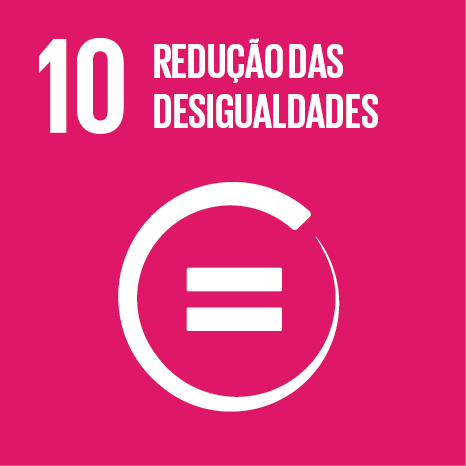
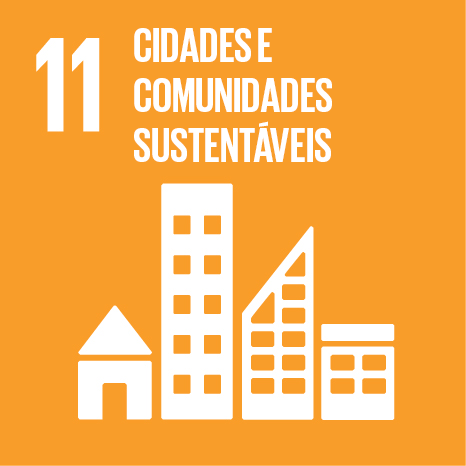


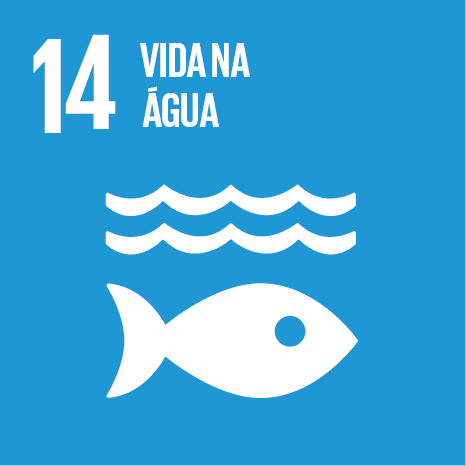
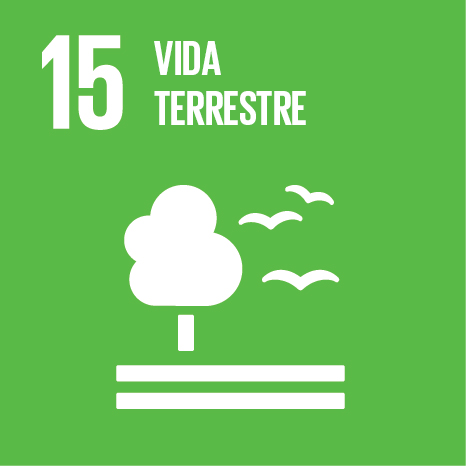
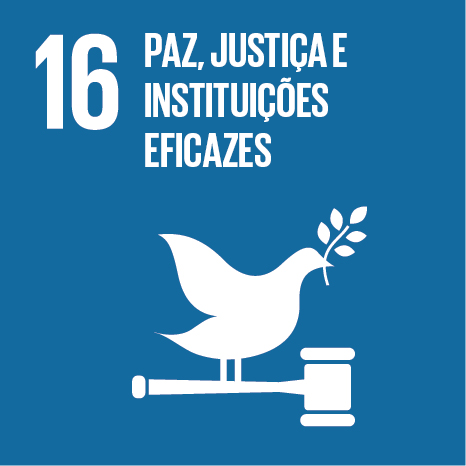
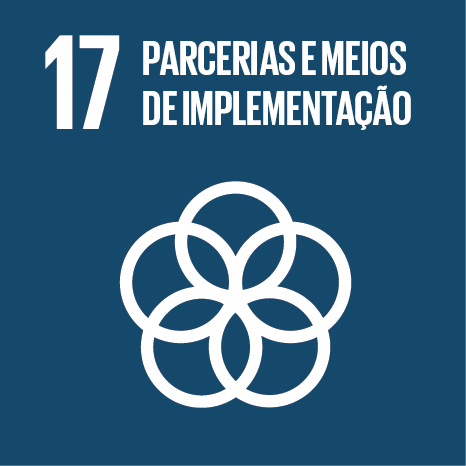
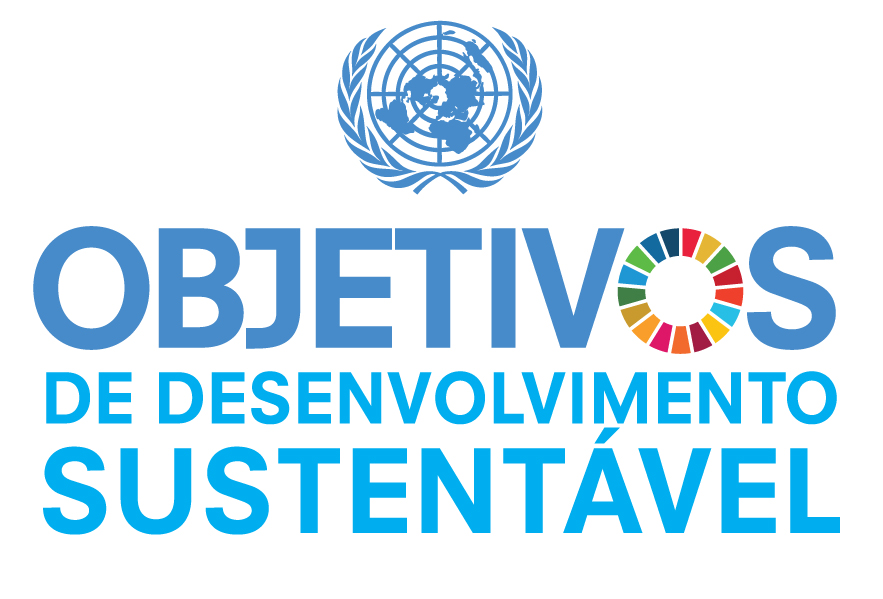




Thus, the 17 Sustainable Development Goals, the SDGs, emerged, with challenges and targets to eradicate poverty and incorporate a wide and variety of topics related to the economic, social and environmental dimensions of sustainable development.
The emergence of the SDGs is, arguably, the most inclusive process in the history of the United Nations. Targeted primarily at governments, the SDGs are designed for all organizations, in a joint initiative to promote sustainable development.
Erradicação da Pobreza
Acabar com a pobreza em todas as suas formas e em todos os lugares.
04
Educação de Qualidade
Garantir a educação inclusiva, equitativa e de qualidade, e promover oportunidades de aprendizagem ao longo da vida para todos.
07
Energia Limpa e Acessível
Garantir acesso a fontes de energia fiáveis, sustentáveis e modernas para todos.
10
Redução das Desigualdades
Reduzir a desigualdade dentro dos países e entre eles.
13
Ação Contra a Mudança Global do Clima
Tomar medidas urgentes para combater a mudança climática e seus impactos.
16
Paz, Justiça e Instituições Eficazes
Promover sociedades pacíficas e inclusivas para o desenvolvimento sustentável, proporcionar acesso à justiça para todos e construir instituições eficazes, responsáveis e inclusivas em todos os níveis.
Fome Zero e Agricultura Sustentável
Erradicar a fome, alcançar a segurança alimentar e melhoria da nutrição, e promover a agricultura sustentável.
05
Igualdade de Gênero
Alcançar a igualdade de gênero e empoderar todas as mulheres e meninas.
08
Trabalho Decente e Crescimento Econômico
Incentivar o crescimento econômico sustentado, inclusivo e sustentável, emprego pleno e produtivo, e trabalho decente para todos.
11
Cidades e Comunidades Sustentáveis
Tornar as cidades e assentamentos humanos inclusivos, seguros, resilientes e sustentáveis.
14
Vida na Água
Conservação e uso sustentável dos oceanos, dos mares e dos recursos marinhos para o desenvolvimento sustentável.
17
Parcerias e Meios de Implementação:
Fortalecer os meios de implementação e revitalizar a parceria global para o desenvolvimento sustentável.
03
Saúde e Bem-estar
Assegurar uma vida saudável e promover o bem-estar para todos, em todas as idades.
06
Água Potável e Saneamento
Promover a disponibilidade e gestão sustentável da água e saneamento para todos.
09
Indústria, Inovação e Infraestrutura
Construir infraestruturas resilientes, promover a industrialização inclusiva e sustentável, e fomentar a inovação.
12
Consumo e Produção Responsáveis
Assegurar padrões de consumo e produção sustentáveis.
15
Vida Terrestre
Proteger, recuperar e promover o uso sustentável dos ecossistemas terrestres, gerir de forma sustentável as florestas, combater a desertificação, deter e reverter a degradação da terra, e deter a perda de biodiversidade.
How society can contribute to the SDGs
Although the main efforts come from governments and the private sector, society can and must contribute to positive changes occurring. Small everyday actions already generate big results, such as:
Brazilian private sector initiatives focusing on the SDGs
By integrating sustainability principles throughout the chain, companies can protect and generate value, increasing sales, developing new market segments, strengthening the brand, improving operational efficiency, stimulating innovation and reducing employee turnover.
As a result of permanent dialogue with its interest groups and aware of the unquestionable economic, social and environmental impact of all its activities, Neoenergia has a sustainable development strategy aligned with the implementation of its business project that aims to create value in a sustainable and its main references are its Purpose and Values and respect for human rights.

As part of this commitment, Neoenergia is engaged in this movement, through projects and solutions that meet the needs of the present without compromising future generations.
Find out about the company's initiatives towards the SDGs by accessing the Sustainability Report.
Brazil. The latest report, published in 2017, highlights social advances in eradicating extreme poverty and hunger, such as improving the management and coverage of the Continuous Cash Benefit and the Bolsa Família program to help families living in poverty or extreme poverty. Progress in guaranteeing a healthy life is also highlighted, with programs aimed at agricultural and livestock production. In addition, they emphasize the plans to diversify the country's energy sources, increase the proportion of renewable sources and achieve greater efficiency in the sector, which constitute an essential strategy from both an economic and environmental point of view.
News
2026-02-11
Neoenergia encerra 2025 com lucro de R$ 5 bilhões
2026-01-29
Neoenergia conquista Prêmio Ibero-Americano de Qualidade pelo desempenho de suas distribuidoras
2026-01-21
Alceu Valença e BaianaSystem se unem em parceria inédita para campanha de segurança na rede elétrica da Neoenergia no Carnaval
2026-01-14
Instituto Neoenergia destina mais de R$ 27 milhões em leis de incentivo para projetos sociais em 2025
2026-01-13
